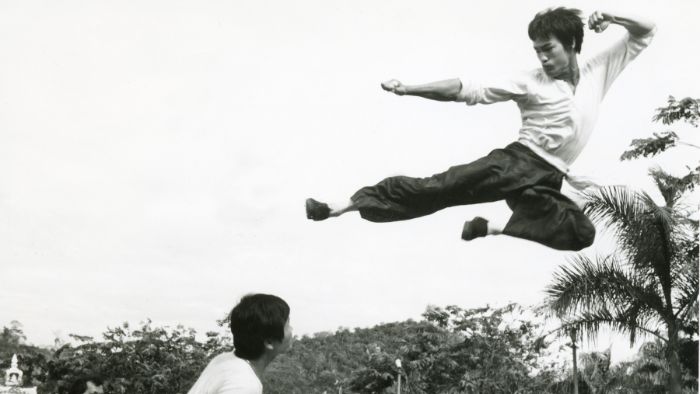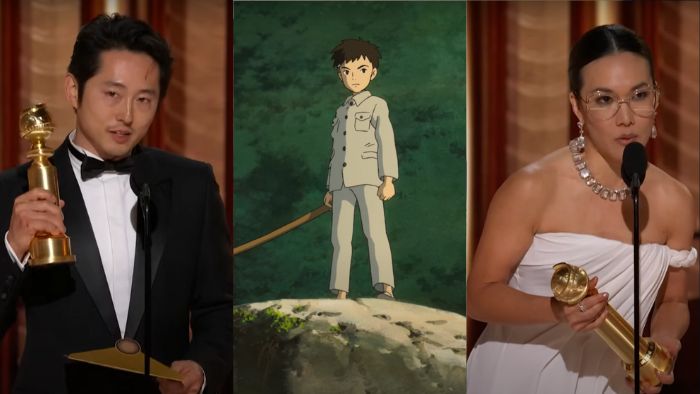There are few celebrities who have become enduring household names within the world—especially in the API community. Sure, there have been Hollywood stars like the first Asian heartthrob Sessue Hayakawa, the legendary Anna May Wong, and the lovely and talented Nancy Kwan; but, few have reached the meteoric levels of Bruce Lee. The Hong Kong-raised star is almost a modern-day folk legend—a man who continues to ascend even fifty years after his untimely death. The martial artist’s influence is unwavering, as many people within the entertainment industry continue to look to him for inspiration, strength, and so much more. So, how did the martial artist immortalize himself as one of the greatest trailblazers in Hollywood?
1940s – The Beginning
Lee, despite his father Lee Hoi-cheun’s hesitation, found himself involved with the movie industry rather early. At just three months old, he had his first role as a stand-in baby in the film “Golden Gate Girl” (1941). Soon after the family’s move to Hong Kong from San Francisco, Lee—or, as he was affectionately known, Lei Siu-lung (Little Dragon Li)—scored his first major roles in “The Kid” and “The Birth of Mankind.” Throughout his childhood, he performed in roughly twenty movies.

Bruce Lee as an infant with his mother and father. 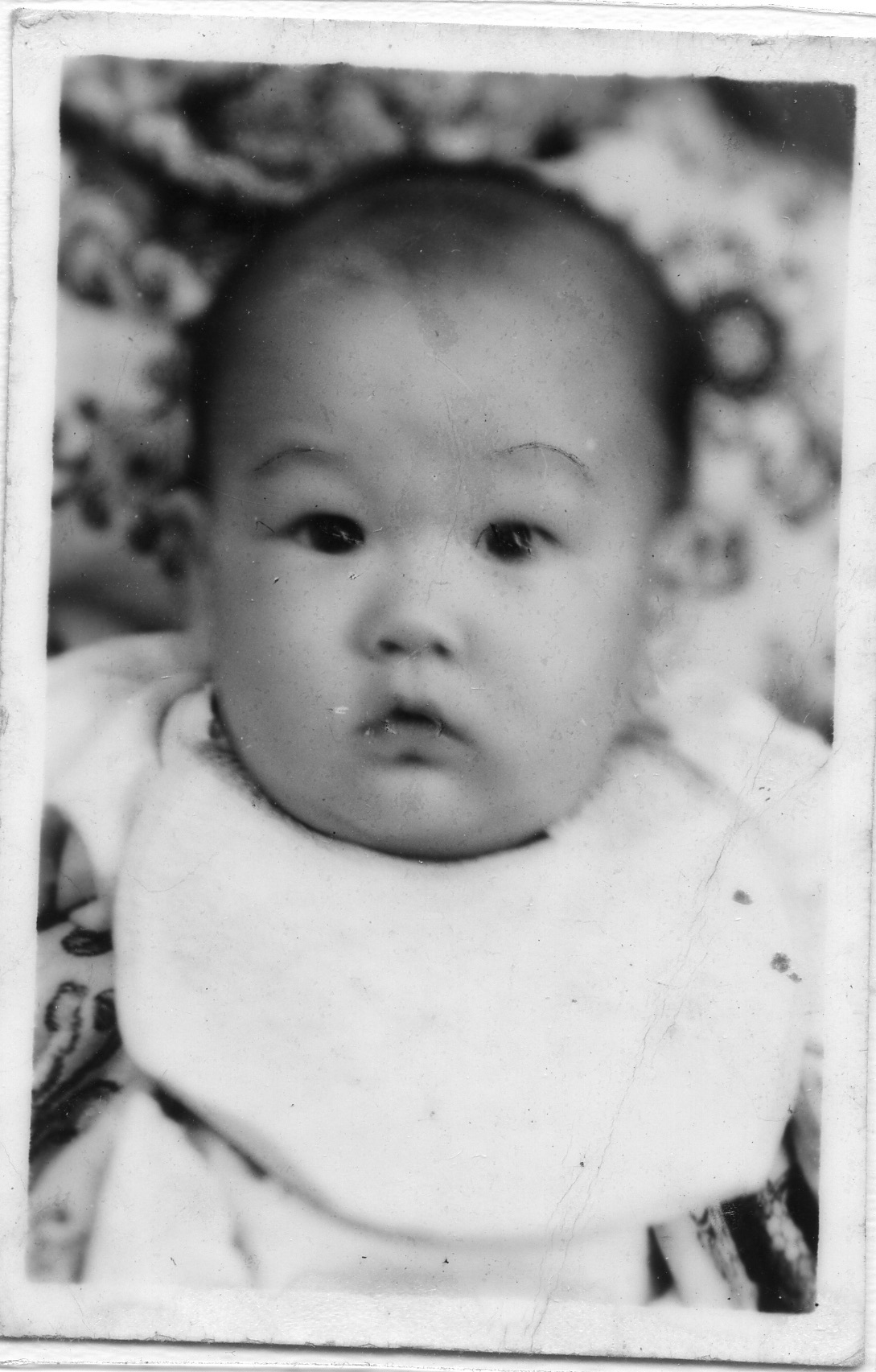
Close-up of Bruce as a baby.
1950s – A Fresh Start
Lee continued to act throughout his teenage years, joining the leftist creative troupe Union Film Enterprise (UFE) to make socially conscious movies. During this time, he also began studying kung fu under Master Yip Man (who inspired the hugely successful “Ip Man” film franchise). When the UFE disbanded years later, Lee’s career began to lose steam as roles became harder to come by. With no other outlet, Lee began to get into more fights at school, leading to run-ins with the police. At 18 years old, his parents sent him off to live in America.

1960s – Breakthrough
Upon arriving in the United States, Lee enrolled in the Edison Technical School in Seattle. Across the ocean, his last Hong Kong film, “The Orphan,” was becoming an international success (unbeknownst to him).
During the next few years, Lee continued his schooling at the University of Washington, where he not only began teaching his own form of martial arts, gung fu, but he also wrote his first book, “Chinese Gung Fu: The Philosophical Art of Self-Defense.” Soon after, Lee began to set up martial art schools in Seattle and Oakland. He also met and married Linda Cadwell and welcomed two children: Brandon in 1965 and Shannon in 1969.
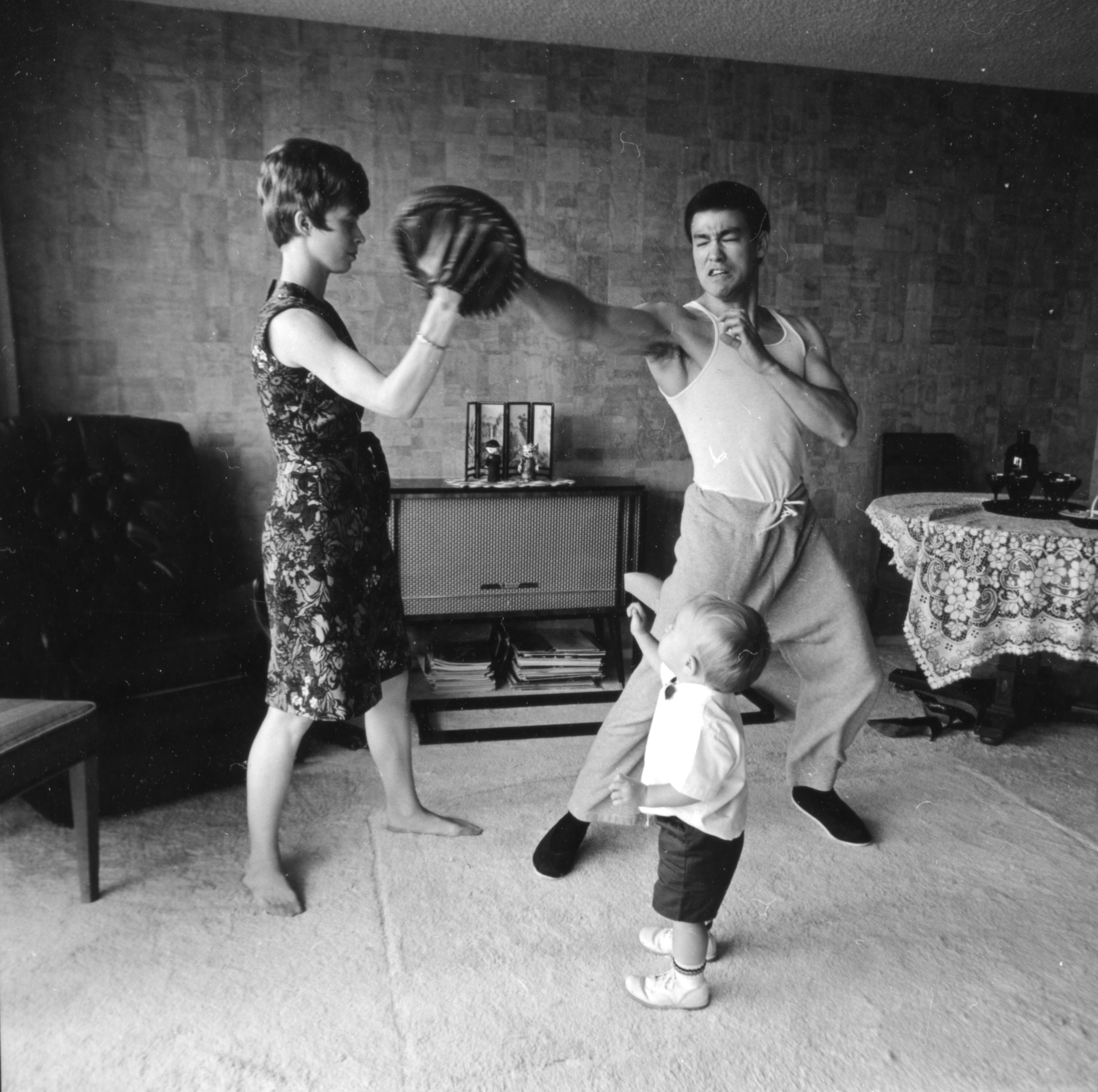
Bruce practicing martial arts with his wife, Linda, and son, Brandon. 
Bruce holding his daughter, Shannon, at the “Way of the Dragon” premiere.
It wasn’t until television producer William Dozier saw Lee partaking in a martial arts exhibition in Long Beach, California, and invited him to audition for the pilot of “Number One Son,” that Lee began to rethink his acting career seriously. While the show was never picked up, Lee went on to star as Kato in “The Green Hornet” (1966). During this time, he started to formulate another martial arts style, finding traditional forms to be too constricting. Lee hoped Jeet Kune Do would be “the style of no style.”
After the cancellation of “The Green Hornet,” he continued to make the occasional TV appearance and worked as the resident martial arts director on various productions. In 1971, Lee pitched his own show, “The Warrior,” to Warner Bros., but the series was ultimately rejected. A similar show, “Kung Fu,” was created and aired by Warner Bros., but Lee was not considered for the lead due to the studio believing his accent was a hindrance.
1970s – Homecoming King
After a series of rejections from the wider Hollywood community, a two-feature movie deal awaiting in Asia brought Lee and his family back to Hong Kong. There, Lee was met with a large amount of fanfare, as “The Green Hornet” was a major success in his home country, being dubbed as the “Kato show.” The next two films he was in, “The Big Boss” (1971) and “Fist of Fury” (1972), became box office hits in Asia and in the United States. The actor was then given complete control over the production of “The Way of the Dragon” (1972) as writer, director, lead actor, and fight coordinator. This film saw the legendary face-off between Chuck Norris and Bruce Lee, the scene being considered one of the best fights in cinematic history.
At the time, Lee was achieving new levels of fame, becoming more popular worldwide. But sadly, during the production of “Enter the Dragon” in 1973, Lee tragically passed away at 32 years old due to cerebral edema.
A Legendary Legacy
While Lee’s life was tragically cut short, his legacy continues unwaveringly through the years. He paved a path that no Asian public figure had done before him, and even now, few have reached the levels of eminence Lee has. Through endless documentaries, biographical films, references in film, television series, and even Korean pop songs, his image and career are still fresh in pop culture. There’s not a year that goes by that doesn’t see at least one child on Halloween passing by wearing that iconic striped yellow jumpsuit while pretending to do martial arts. His career slowly chipped away at the rigid stereotype that Asian Americans were put into on the big and small screen, forced to play either the evil Fu Manchu or the submissive Charlie Chan; instead, Lee was one of the first actors of Asian descent who was allowed to be seen as a leading man. His success in Hollywood slowly broke the barriers, showing the wider world that Asian men can be the heroes in the story — they don’t need to be the villain or the sidekick. And despite the slow workings of Hollywood, we are finally able to see that in films like “Shang-Chi” and even in the show “Warrior.” The aforementioned series, based on the once-rejected original works of Lee, was finally picked up by Cinemax then later MAX, with his daughter Shannon acting as executive producer. Numerous statues of Lee have been erected from his hometown of Hong Kong to Los Angeles’ Chinatown, allowing each new generation of API performers to continue to see Lee as an inspiration.
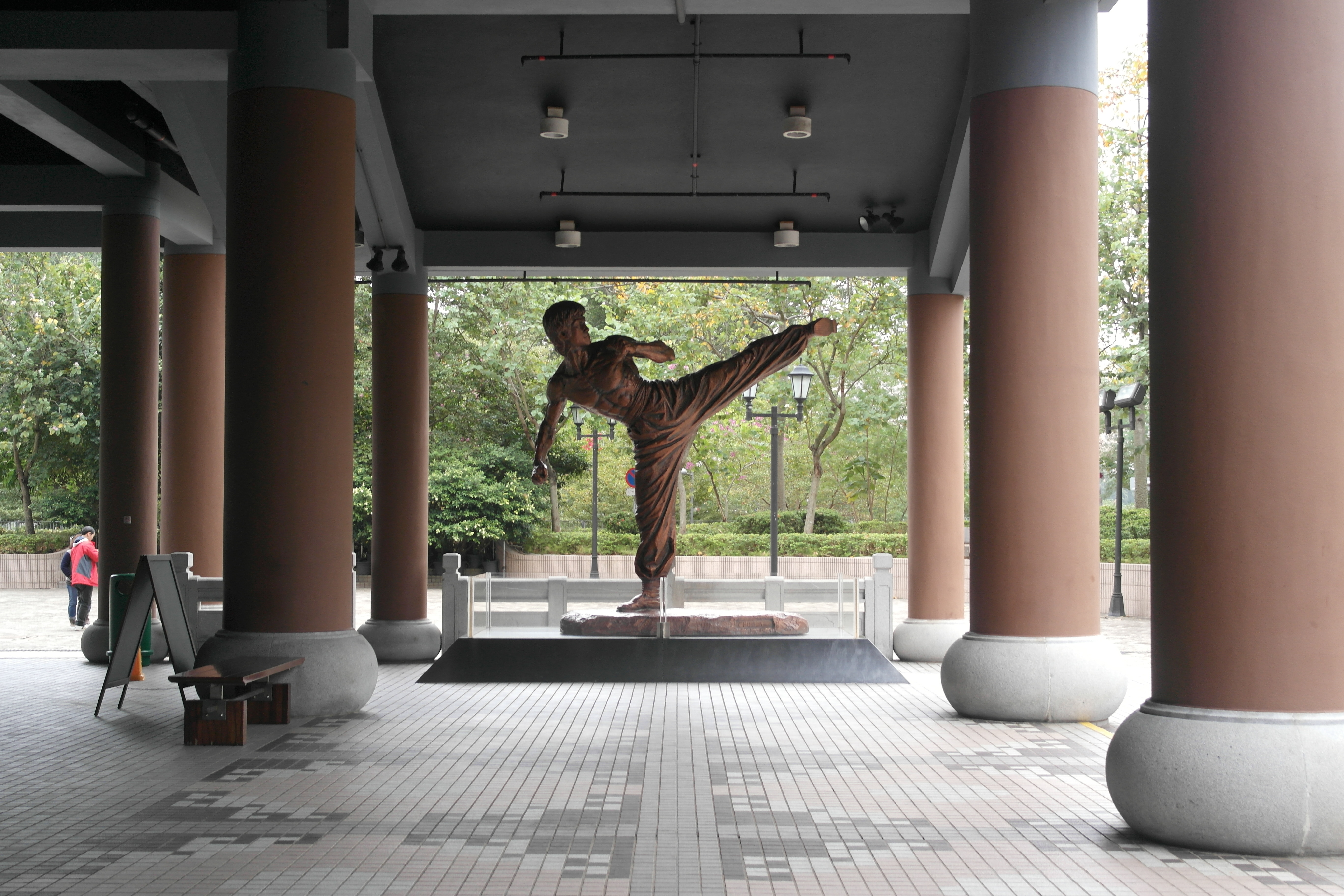
Character Media spoke to API actors and stuntmen about Lee’s legacy and how he inspired them to join the entertainment world.
Ludi Lin
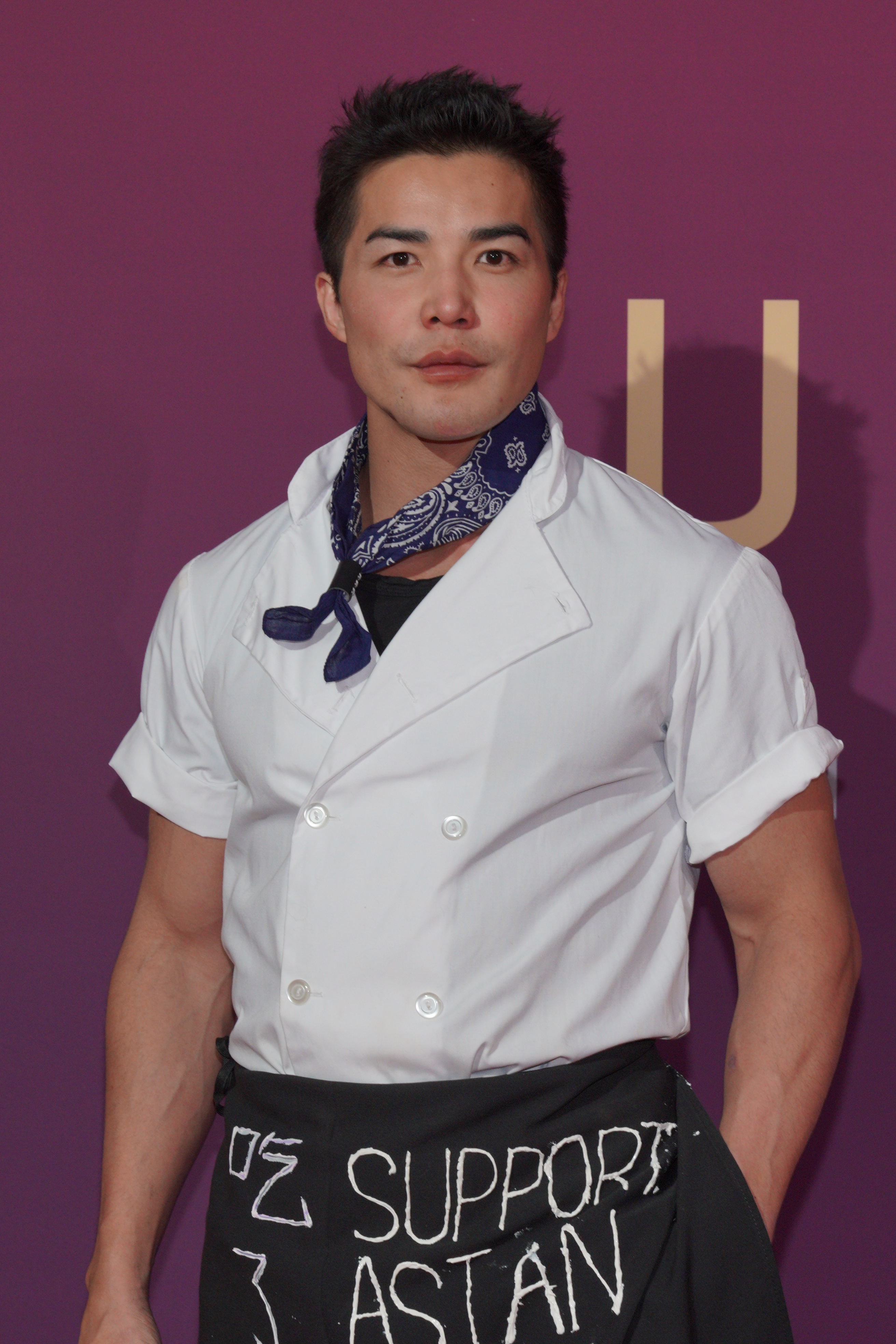
“Bruce’s more than a role model to me; he is a constant source of inspiration. He reminds me that intelligence isn’t the enemy of emotion, that openness doesn’t have to work against devotion, and that embracing one’s uniqueness, strengths, and flaws defines their character.”
“Bruce Lee’s life story is that of the underdog and the romantic. His philosophy speaks to the nature of the body, the heart, and the mind. Everyone in the API community sees him as a kindred spirit because of what he endured then and what we still endure today, and the world embraces him because he evokes universal truths about the human creativity that will last through all time.”
Yvonne Chapman

“Bruce Lee is a trailblazer who battled stereotypes and discrimination and broke barriers to become one of the first Asian stars in Hollywood. He continues to exemplify the fact that a career as an Asian artist is achievable. Moreover, he resisted confinement within any category, persistently exploring, writing, philosophizing, directing, producing, and dancing. He emboldened us to challenge ourselves and to defy and push beyond any labels placed on us that could limit our potential and contributions.”
“Simply put, his commitment, passion, and excellence are timeless and eternally relevant. His legacy teaches us that these enduring qualities are key to leaving an indelible mark in any pursuit.”
Daniel Mah, Andy Le and Brian Le (Martial Club)
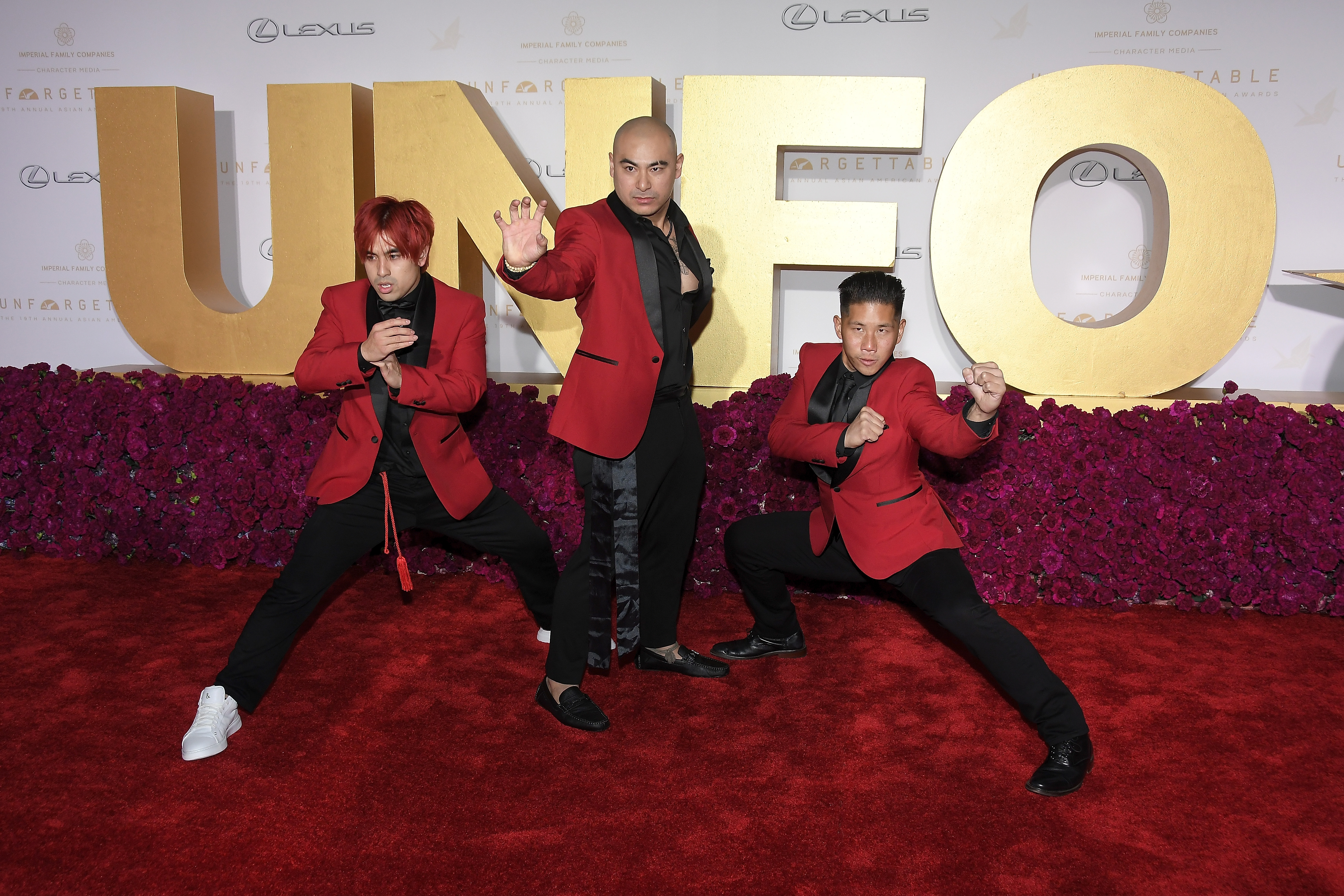
“Bruce Lee was the man who allowed us to see our worth as Asian Americans. He showed us the beauty of our culture and how it could thrive in any environment. Inspiration like this could have taken many forms, but we decided to follow in his footsteps and become martial arts filmmakers. Learning to think as he did—to absorb the useful and to reject the useless—is what allows Martial Club to continuously innovate and elevate the art of action cinema. Bruce Lee was a master of striking delicate balances. He was a warrior with a scholar’s mind and a thinker with fists of fury. But the reason why he’s as relevant today as he ever was is that he’s just relatable enough—yet just transcendent enough—to make us all believe we can achieve big things in life.”
Dianne Doan
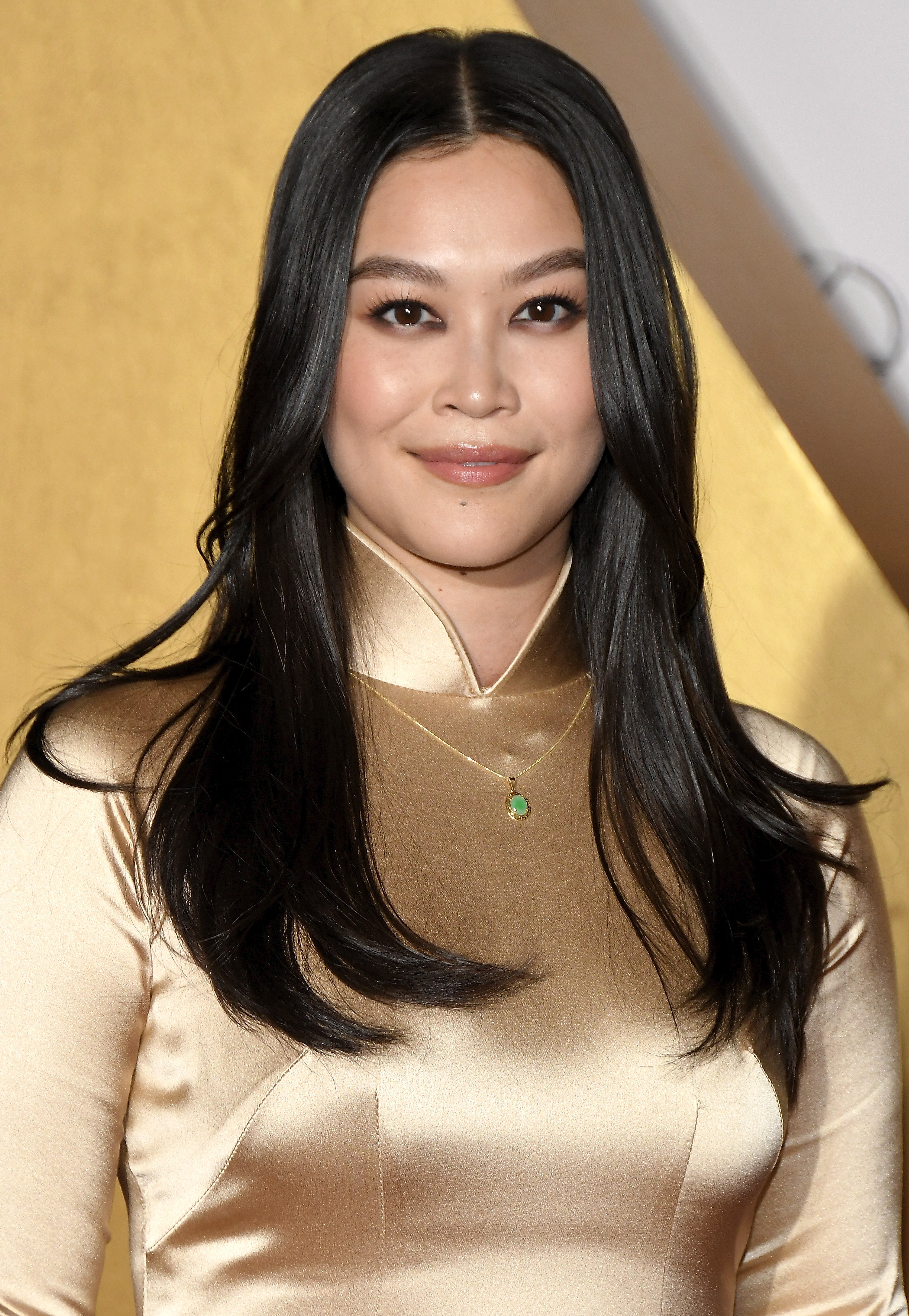
“As a child of immigrants, my father first learned English through watching reruns of “Cheers” and Bruce Lee films. He would later raise my sisters and me on [those] films. I know my father wanted us to have a hero to look up to and see that us Asians are so much stronger than how the media made us to be. Bruce Lee made us all believe that we can be the superhero in any story. And now, having the great privilege of working on a project [“Warrior”] that he wrote the treatment for, I have been blessed with connecting with a group of like-minded people who understand that this is so much more than just a show—that we are able to carry on his legacy. I am forever grateful for this experience.”
“Beyond his contributions as a performer in Hollywood, he was able to impart wisdom on a philosophical level. His ideas on self-expression and personal growth continue to inspire and impact the world.”
Olivia Liang
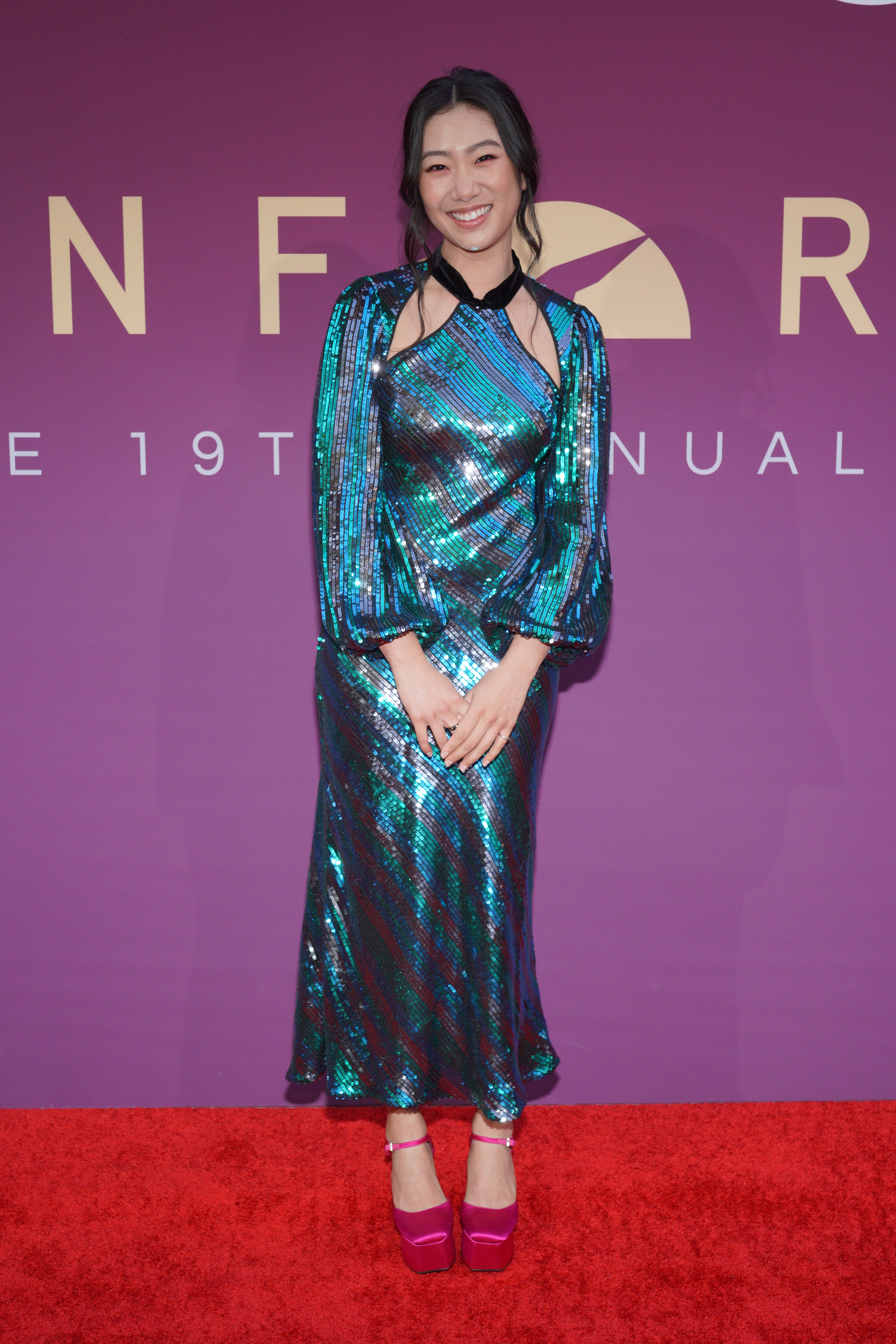
“To me, Bruce Lee’s impact on the API community in Hollywood is enormous. Many of our careers can be traced back to the doors that he opened. I know that my role in “Kung Fu” can specifically be traced back to him and the work he did. I’m so grateful as a performer that Bruce Lee led the way for the rest of us to get our start and spread our wings to widen what our community is capable of.”
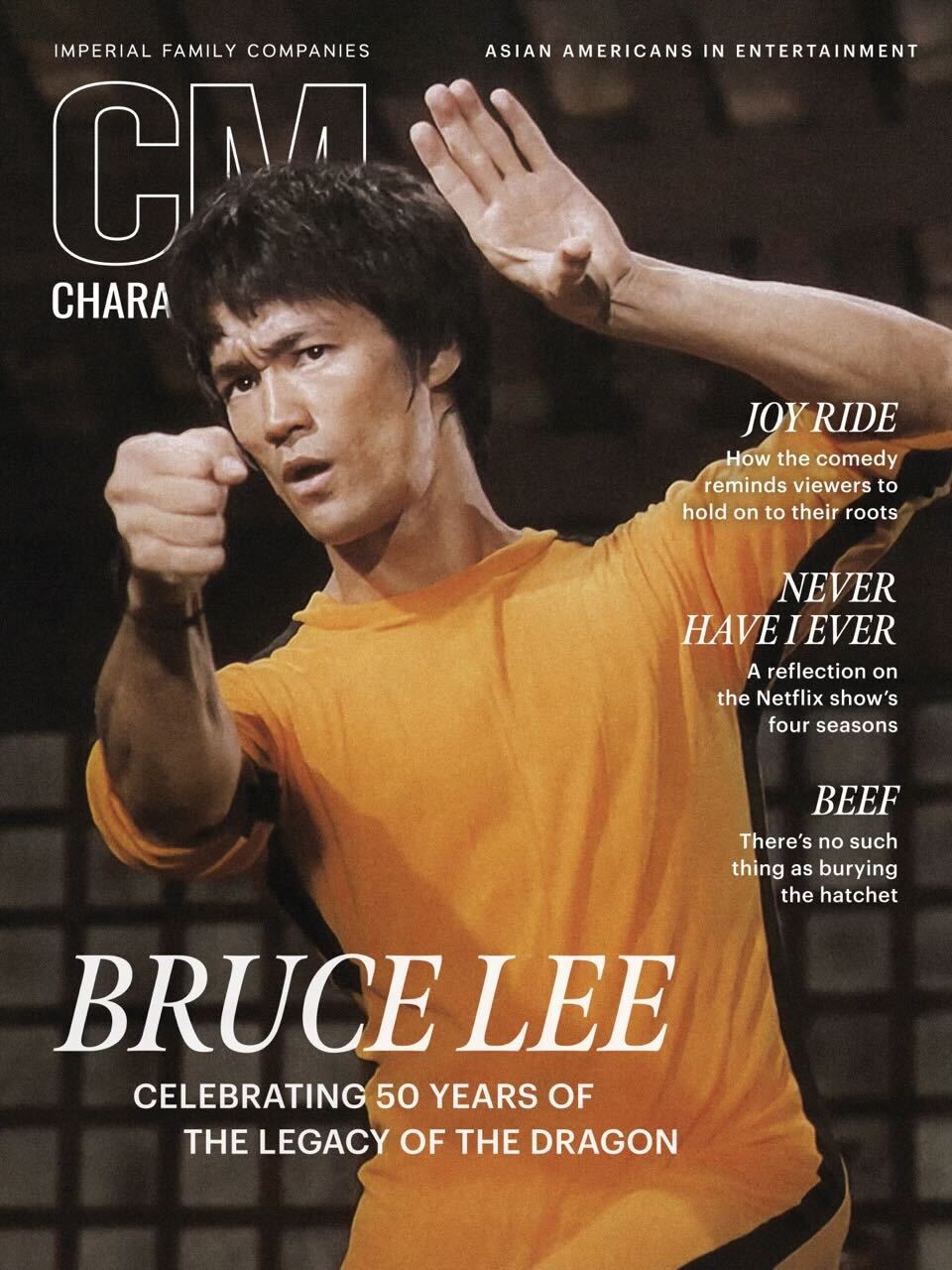
This article appeared in Character Media’s Annual 2023 Issue.
Read our full e-magazine here.

